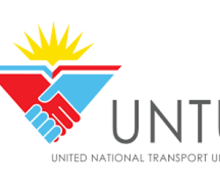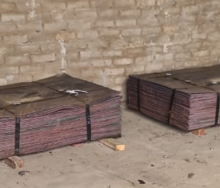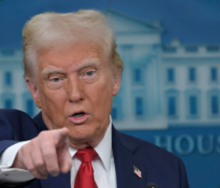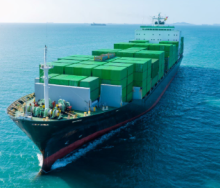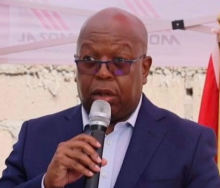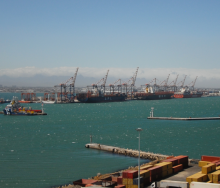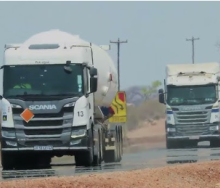President Cyril Ramaphosa says the global move from Internal Combustion Engines towards electronic vehicles (EVs) presents a major opportunity for South African industrialisation.
He was speaking during the South African Auto Week held at the Cape Town International Convention Centre in the Western Cape on Thursday.
“As many of our major trading partners rapidly shift towards EVs, it is imperative that we remain part of this global supply chain. This is a major industrialisation opportunity for South Africa and the region, particularly within the context of the African Continental Free Trade Area.
“This will position South Africa as a forward-thinking, green economy. It will advance our aspirations to be a global automotive hub,” Ramaphosa said.
He acknowledged that decarbonisation presented a challenge to the automotive sector, but gave his assurance that government was committed to working closely with the sector.
“The transition towards cleaner and more sustainable fuels – together with stringent regulations in key markets – puts a number of automotive firms and sub-industries in a vulnerable position. Even as the journey to net zero poses a challenge for the auto industry, there is at the same time immense opportunity,” he said.
Ramaphosa added that the local automotive sector needed to position itself to take advantage of the demand for electric vehicles, new energy vehicles and sustainable fuels.
“The transition to cleaner, more sustainable practices in the automotive industry is a priority for our government. The automotive industry has a critical role to play in achieving South Africa’s climate targets.
“We are committed to working hand-in-hand with the private sector to promote the production of New Energy Vehicles (NEVs) and the development of the necessary infrastructure to support them,” he said.
The Department of Trade, Industry and Competition, National Treasury and the Department of Mineral and Petroleum Resources are in discussion on the implementation of the Electric Vehicle White Paper.
“This work includes the beneficiation of our critical minerals for the production of new energy vehicles and their associated value chains. It also includes the production of batteries for battery electric vehicles, and the development of value chains in the green hydrogen fuel cell market,” he said.
“We are working to finalise comprehensive NEV policy guidelines that do not exclude alternative technologies such as hybrids and plug-in hybrids. Consideration must be given to incentives for manufacturers as well as tax rebates or subsidies for consumers to accelerate the uptake of electric vehicles.
“This is not just about creating a greener future but also about ensuring South Africa remains competitive in the global market.”
Ramaphosa emphasised that government, through reforms in energy, logistics and other sectors, was working to remove the barriers that affected the sector.
“As government, we remain firmly committed to the work already under way to improve the operational performance of our energy, freight and logistics sectors – all of which directly impacts the automotive industry.
“Transnet continues with its work to revitalise the Port of Durban. It is also proceeding with the upgrade of the Gauteng-Eastern Cape railway line as part of Project Ukuvuselela,” he said.
The Government of National Unity looked forward to “deepening our collaboration as government, industry and labour” to achieve the objectives of inclusive growth and job creation, he added.
“There may be headwinds, but in challenges lie opportunities. It is up to us to harness these opportunities to grow, to expand and to transform,” Ramaphosa said. – SAnews.gov.za


